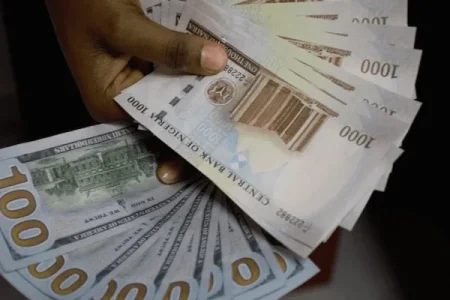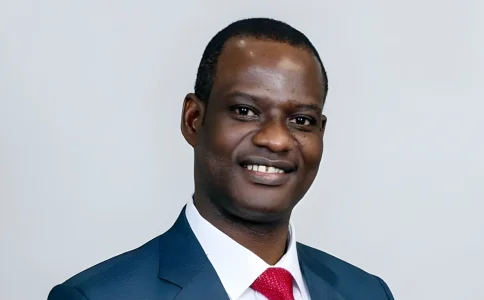
The Nigerian naira has plummeted to a record low of N1,735 per dollar in the black market, underscoring Nigeria’s ongoing currency crisis. With demand far outpacing supply, the widening gap between official and parallel rates highlights deep economic challenges and the urgent need for foreign exchange reforms.
As of November 12, 2024, the Nigerian naira has hit a record low in the parallel market, where it’s currently exchanging at N1,735 per US dollar. This sharp depreciation reflects the ongoing currency challenges Nigeria faces, as more citizens and businesses turn to the informal market to secure foreign currency. Due to limited availability through formal banking channels, the Bureau de Change (BDC) operators dominate the parallel market, setting daily rates based on rising demand.
The Central Bank of Nigeria (CBN) has pegged the official exchange rate at N1,665, which is significantly lower than the rate on the parallel market, where the dollar is N70 more expensive. This gap underscores the naira’s volatility and the struggle to stabilize the exchange rate amid limited foreign reserves.
Nigeria’s dwindling reserves restrict the CBN's ability to support the naira effectively, pushing more Nigerians—especially small businesses—to rely on the parallel market despite the inflated rates. Economists warn that continued depreciation will likely lead to rising inflation, further discouraging foreign investment




